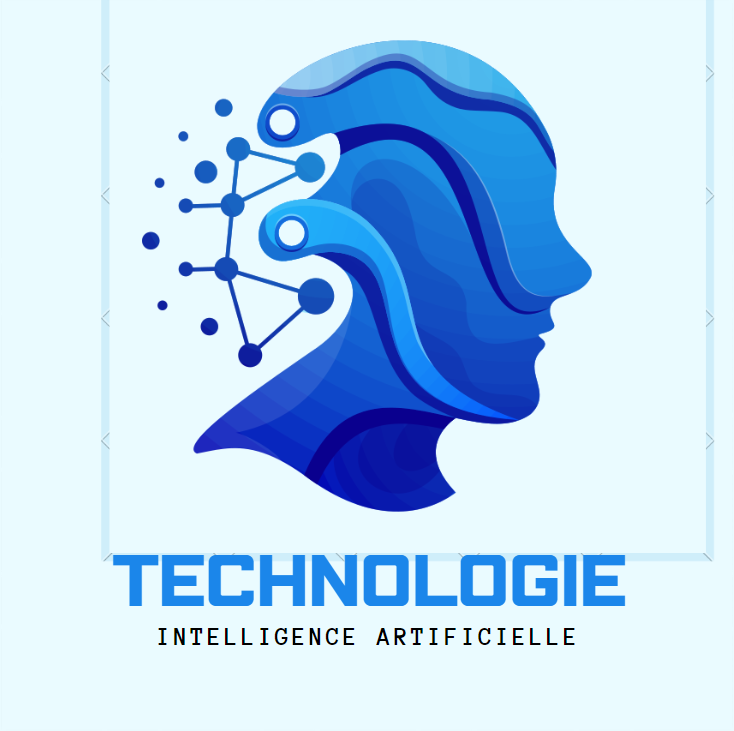The Internet of Things (IoT)
The Internet of Things (IoT) enables automation, remote monitoring, and data-driven decision-making across various sectors such as healthcare, transportation, agriculture, and smart homes. It's a rapidly growing field with significant implications for efficiency, convenience, innovation and machine learning
The Internet of Things (IoT) refers to the network of interconnected devices that can communicate and exchange data with each other over the internet. These devices can range from everyday objects like home appliances and wearable devices to industrial machinery and infrastructure
what is internet of things (IoT)?
the Internet of Things (IoT) is a network of interconnected devices that are embedded with sensors, software, and other technologies, enabling them to collect and exchange data over the internet. These devices can range from everyday objects like household appliances and wearable devices to industrial machinery and infrastructure.
internet of things journal?
There are several journals that focus on Internet of Things (IoT) research and developments. Some notable ones include:
- IEEE Internet of Things Journal: Publishes articles on the latest advances and applications in IoT technologies.
- Journal of Internet of Things (JIoT): Covers research on IoT architectures, protocols, security, applications, and more.
- International Journal of Internet of Things (IJ-IoT): Focuses on cutting-edge research in IoT technologies, applications, and challenges.
- Elsevier Journal of Network and Computer Applications (JNCA): Publishes research on various networking technologies including IoT.
These journals provide a platform for researchers and practitioners to share their findings, innovations, and insights in the rapidly evolving field of IoT
Internet of things applications?
Some notable IoT applications include:
- Smart Home: IoT devices such as smart thermostats, lighting systems, security cameras, and voice assistants enable homeowners to control and automate various aspects of their home remotely.
- Healthcare: IoT devices like wearable fitness trackers, remote patient monitoring systems, and smart medical devices allow for continuous health monitoring, early detection of health issues, and improved patient care.
- Smart Cities: IoT technology is used to optimize urban infrastructure and services, including traffic management, waste management, energy distribution, public transportation, and environmental monitoring.
- Industrial Internet: In manufacturing and industrial settings, IoT devices enable predictive maintenance, real-time monitoring of equipment and processes, supply chain optimization, and improved efficiency.
- Agriculture: IoT sensors and actuators help farmers monitor soil conditions, weather patterns, crop health, and livestock, leading to better decision-making, increased productivity, and reduced resource usage.
- Retail: IoT applications in retail include inventory management, personalized marketing, smart shelves, and cashierless checkout systems, enhancing the shopping experience for customers and optimizing operations for retailers.
- Transportation and Logistics: IoT technologies are used for fleet management, route optimization, vehicle tracking, and condition monitoring of goods during transportation, leading to improved safety, efficiency, and cost savings.
- Energy Management: IoT devices and systems help monitor energy consumption, optimize energy usage, and enable the integration of renewable energy sources into the grid, contributing to sustainability and cost reduction.
These are just a few examples, and the potential applications of IoT continue to expand as technology advances and new use cases emerge.
conclusion :The Internet of Things (IoT) holds immense potential to revolutionize various industries and improve efficiency, convenience, and connectivity in our daily lives
التسميات
Blogger section

